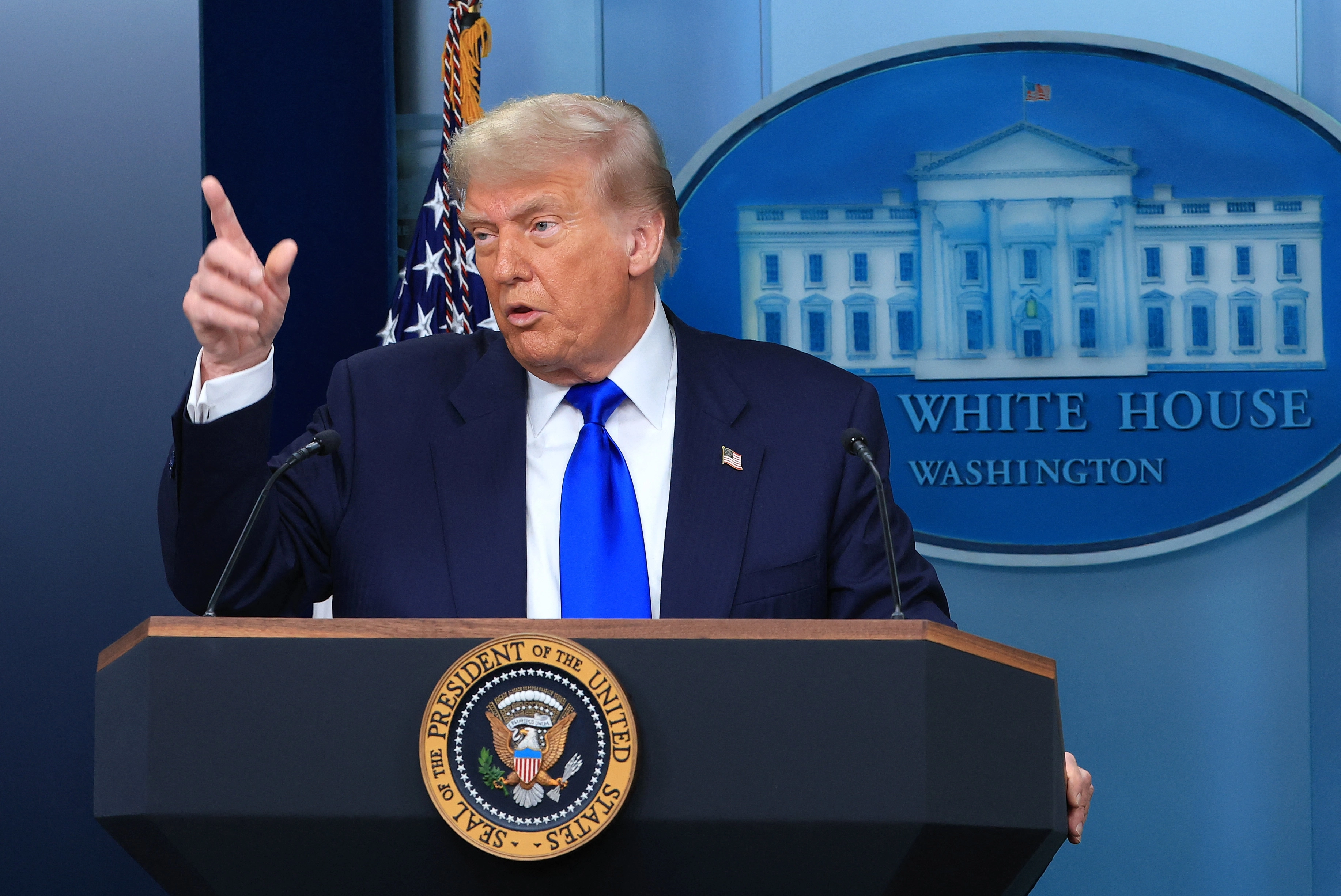In a surprising turn of events, former President Donald Trump recently announced a significant oil partnership with Pakistan, which he described as “massive.” This development comes at a time when global energy markets are in flux, and nations are seeking new avenues for energy security. Trump’s proclamation raises eyebrows not only due to the scale of the partnership but also because it reflects a strategic pivot in U.S.-Pakistan relations, which have been historically complex. The former president suggested that this partnership could potentially lead to oil exports to India, further complicating the geopolitical landscape of South Asia.
The announcement has the potential to reshape energy dynamics in the region. With Pakistan’s growing energy needs and India’s insatiable demand for oil, a trilateral trade involving these nations could have far-reaching implications. The partnership may open avenues for economic collaboration and technological exchange, which could bolster Pakistan’s economy while providing India with a more diversified energy supply. However, the complexities of regional politics cannot be overlooked, as longstanding rivalries between India and Pakistan could hinder such developments. Trump’s remarks suggest a level of optimism that may or may not materialize, depending on the responses from both the Pakistani and Indian governments.
Moreover, the announcement also sheds light on Trump’s continued influence in international affairs, despite his departure from the presidency. His ability to engage in significant diplomatic and economic discussions indicates that he remains a key player in shaping discourse around energy policies and international partnerships. This partnership could also be seen as an attempt to counterbalance China’s growing influence in South Asia, as Beijing has been increasingly involved in energy projects in Pakistan through initiatives like the China-Pakistan Economic Corridor. By aligning with Pakistan, Trump may be attempting to foster a competitive edge for U.S. interests in the region.
While the details of the oil partnership remain to be fully fleshed out, the implications of such an agreement could resonate beyond immediate economic gains. It may herald a new era of collaboration between countries in the region, challenging existing power structures and alliances. As nations navigate the complexities of energy security, geopolitical tensions, and economic dependencies, this partnership could either serve as a catalyst for cooperation or further entrench divisions. Ultimately, the true impact of Trump’s announcement will depend on the willingness of all parties involved to engage constructively and overcome historical grievances.




